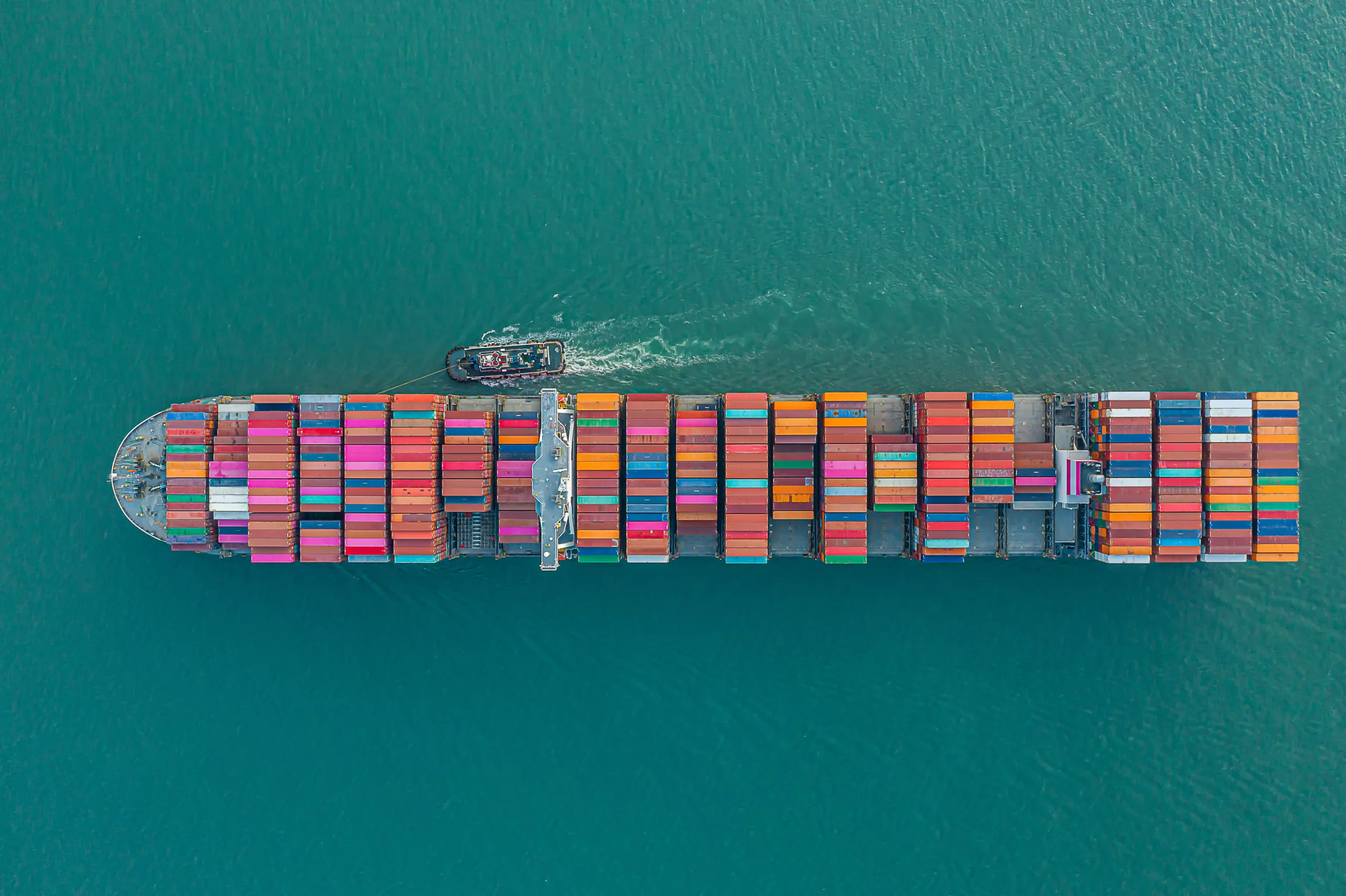Challenges for U.S. Trucking Due to Suez Canal Attacks

A group in Yemen has been attacking ships along the Suez Canal in Egypt, causing problems for shipping. This could also affect trucking in the United States.
The Houthi group started attacking ships in the Red Sea last year because of issues related to the Israel-Hamas War. The Suez Canal is crucial for global shipping, connecting the Mediterranean Sea to the Red Sea.
The attacks are a big concern because a significant amount of trade goes through the Suez Canal. Project44, a transportation research group, found that the number of ships passing through the canal has dropped a lot. Some ships are rerouted, and others are delayed by seven to 20 days. The narrow Bab-el-Mandeb strait is a vulnerable point for ships traveling from the Gulf of Aden to the Red Sea. The attacks by Houthi militants in this area are causing problems not only for cargo ships but also for the supply chain.
In response to these attacks, an international military operation called Operation Prosperity Guardian was launched in December. However, the attacks continued, and some shipping companies are stopping operations in the region. For example, Hapag-Lloyd, a big container shipping company, suspended operations in the Suez Canal and the Red Sea, rerouting its ships around the Cape of Good Hope.
These disruptions may lead to delays in manufacturing and shortages of goods. Project44 is also looking into the possibility that when the delayed ships finally reach U.S. ports, there could be congestion. While this hasn’t been confirmed yet, there are concerns about the downstream effects on domestic transportation, including port congestion.
Additionally, drought conditions along the Panama Canal have redirected some shipping traffic to the Suez Canal in the past nine months. Now, with the attacks and potential delays in both canals, there is a risk of global shipping issues. This, in turn, could affect trucking, as delays in ship arrivals might result in fewer trucks getting filled up.
Mike DeAngelis from FourKites suggests that containerized ocean shipments from Asia, usually traveling via the Suez Canal to the East Coast, might instead go to West Coast ports. From there, they would be transported across the country by rail or truck. However, this alternative could come with increased costs.
We Know The Industry
With over 20+ years in the trucking insurance industry Cook Insurance Group combines national reach with local service to address the needs of large fleet, small fleet, single owner and tow trucking operations, and to charter bus lines. We ONLY serve the Trucking industry, providing the best trucking insurance. Let our friendly, bi-lingual staff help you find the right insurance protection at the right cost.
Cook Insurance Group is dedicated to meeting the needs of both small and large fleet trucking companies. Our reps handle every aspect of your program, ensuring you have the best trucking insurance plan for your specific needs. We work closely with you to manage your plan on an ongoing basis.
At Cook Insurance Group, we provide immediate certificate and ID card insurance, including 24/7 certificate availability. We leverage our client portal which allows you to access and issue certificates, check claim status and view policies. Cook Insurance Group is prompt and reliable, including 24-hr claims reporting. (Physical Damage and Motor Truck Cargo). We also provide educational seminars for management and drivers of companies.
At Cook Insurance Group we have licensed risk managers available to assist you with CSA scores and driver training. We provide border risk coverage (NAFTA) and mid-year loss run reviews.
Choose Cook Insurance Group for all of your trucking insurance needs whether you are located in Texas, Arizona or Arkansas.



